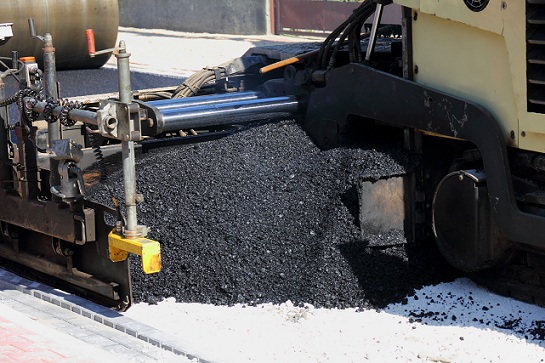In the process of bitumen modification with polymers, the compatibility of the materials must be taken into consideration. Not all polymers and bitumens are compatible with each other.
Thermodynamic compatibility is the situation when the phase state of bitumen and polymer is the same. That is why solubility plays an essential role. It is determined by many factors, mainly the following:
- difference of polymer solubility parameters and polymer maltene phase;
- amount and type of asphaltenes containing in bitumen.
The above factors are easily explained: it is the maltene phase is the solvent for polymer, and asphaltenes tend to stay dissolved.
To characterize compatibility of bitumen and polymer, solubility parameter has been introduced. Its average value for Styrene Butadiene Styrene (SBS) and ethylene-vinyl acetate (EVA) polymers are close to the average solubility of maltene phase. This explains the fact that SBS- and EVA-polymers interact well with practically all types of bitumen.
An equally important parameter is the molecular weight, as solubility directly depends on it. In general, the following is true: a polymer with lower molecular weight is easily mixed one with higher weight. Substances with molecular weight of 50000-300000 are used for bitumen modification.
Performance of bitumen-polymer compositions depend on composition and molecular weight of polymer rather than on bitumen properties.
GlobeCore offers road and construction companies its UVB-2 units designed for modification of bitumens with polymers. This equipment is able to perform almost any modification process at the rates of 4 to 40 m3/hour. The product fully meets the high requirements if road construction and repair industry, as well as waterproofing of houses and buildings.

